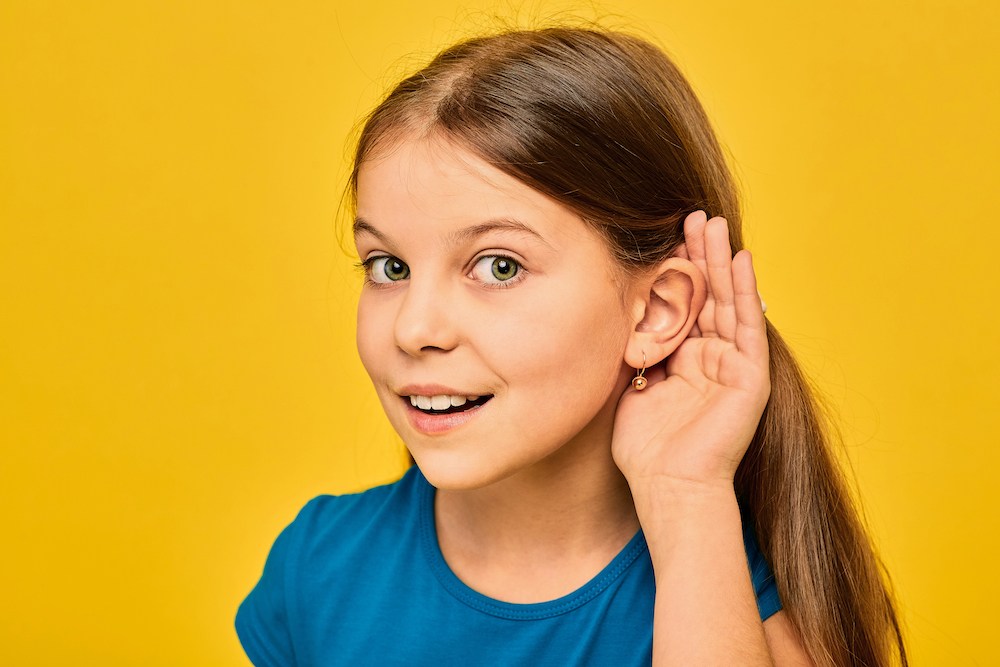Workplace Accommodations for Employees with Hearing Loss
Experiencing hearing loss at work can pose unique challenges, making tasks
OUR VILLAGES LOCATION HAS MOVED! OUR NEW ADDRESS IS 11938 C.R. 101, SUITE 130 IN THE PALM RIDGE PLAZA IN THE CATARACT SPECIALIST OFFICE.


Experiencing hearing loss at work can pose unique challenges, making tasks

Sometimes a hearing test isn’t just a hearing test. Diagnosed hearing

Living in a modern world, there is a difference in hearing aid types and